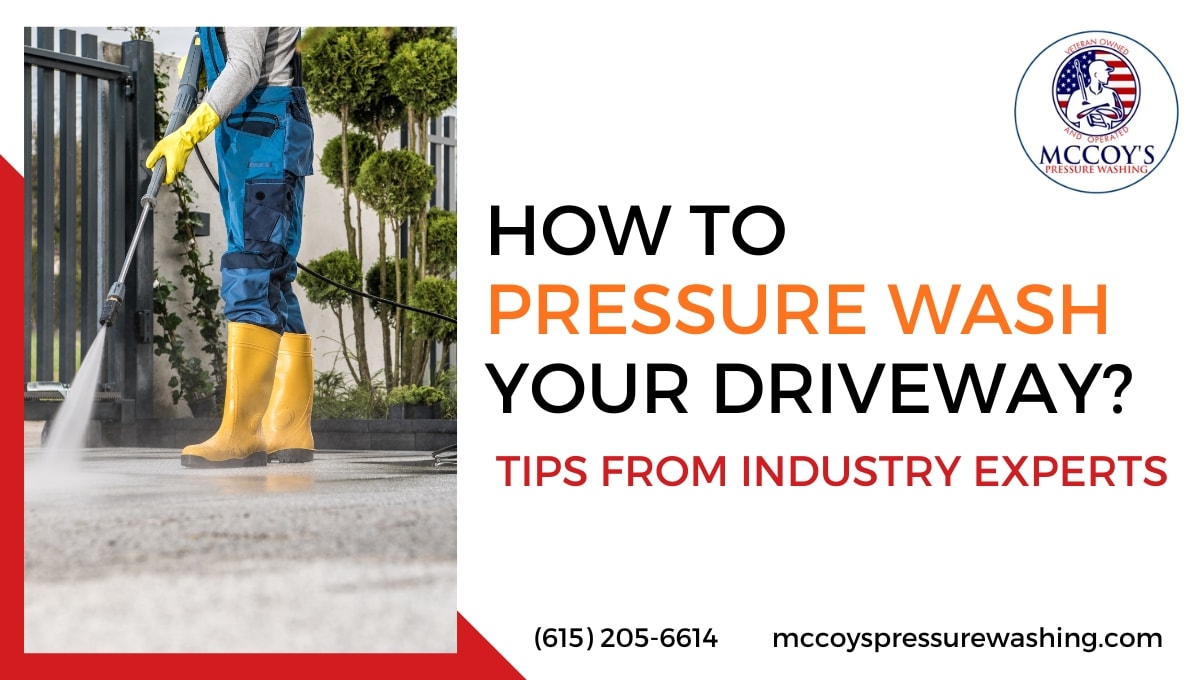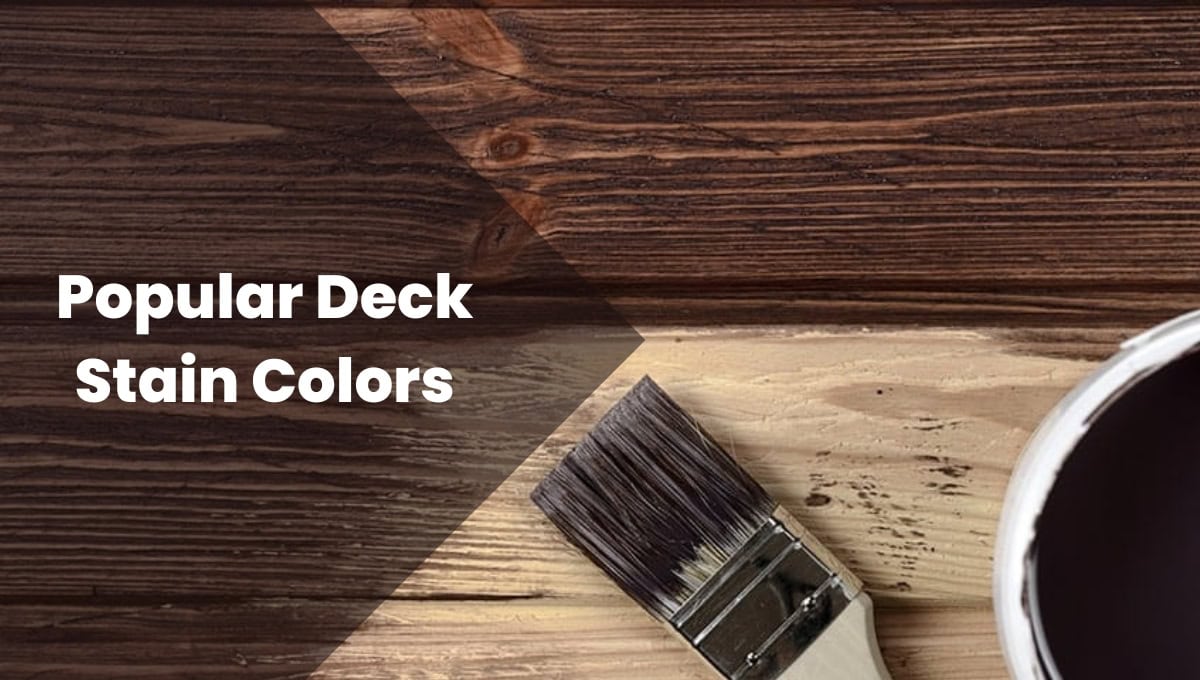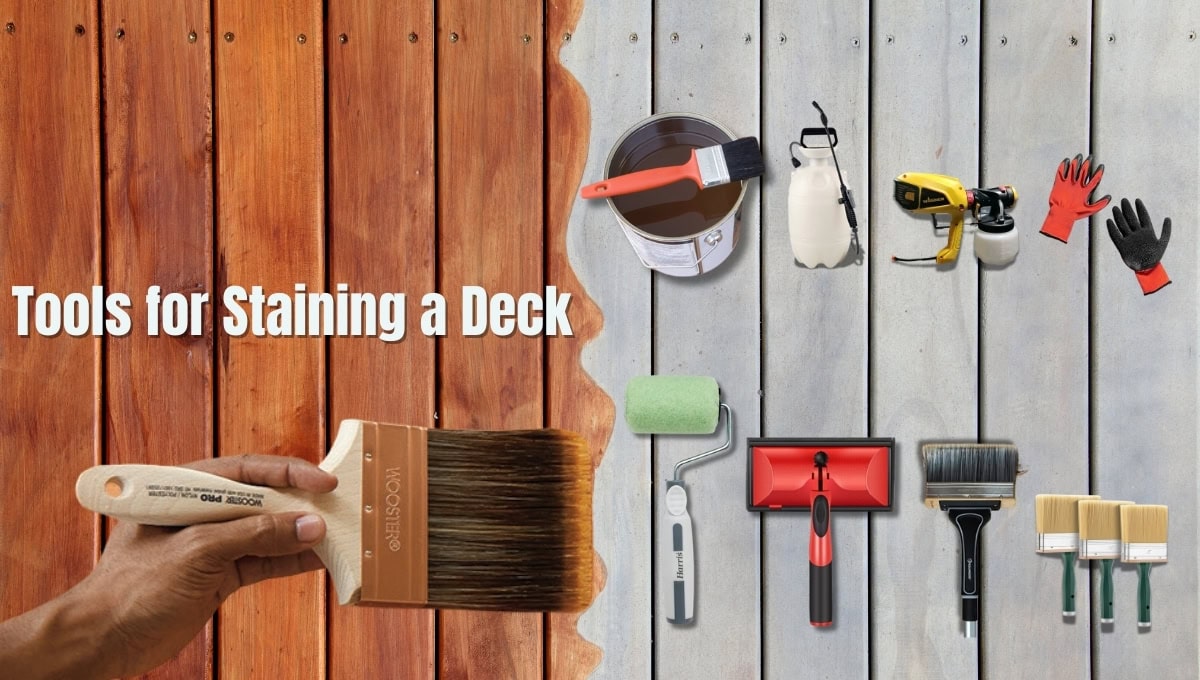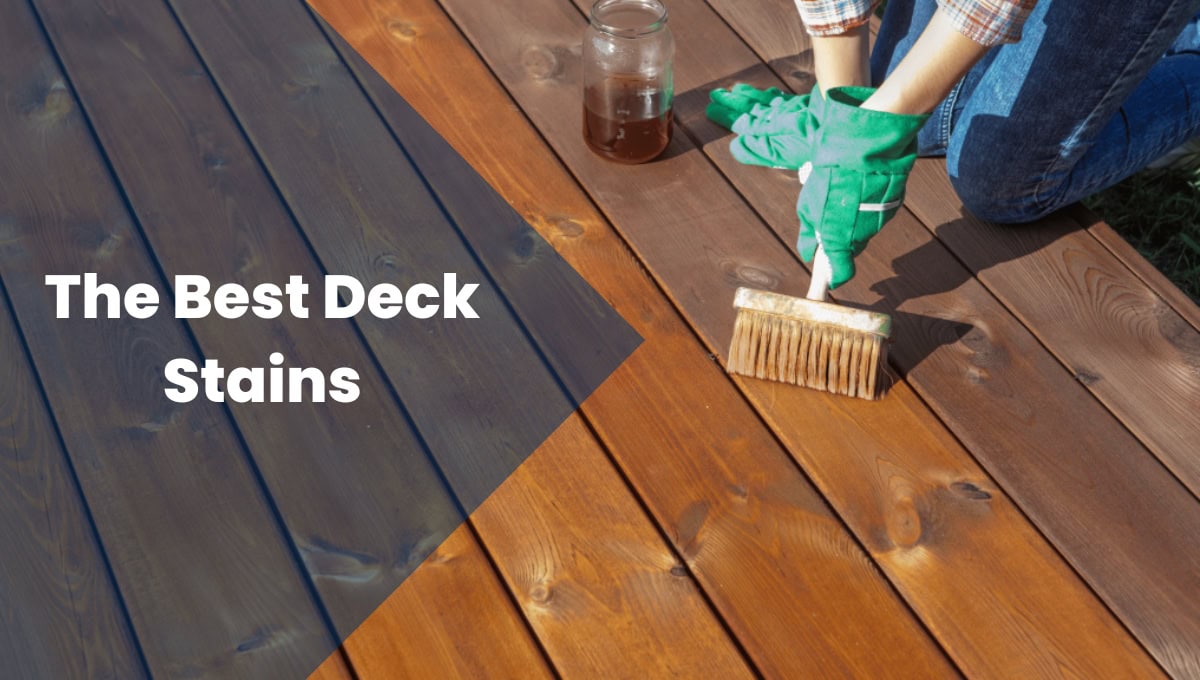Transforming your home’s exterior starts with a clean, well-maintained driveway. But how to pressure wash your driveway effectively? Achieving that pristine look can be challenging without the right techniques and tools. That’s where pressure washing comes in. This comprehensive guide will walk you through everything you need to know about pressure washing your driveway like a pro. From essential materials to expert tips, you’ll learn how to revitalize your driveway and effortlessly boost your home’s curb appeal.
Materials You Need to Pressure Wash Your Driveway
Before starting to pressure wash your concrete driveway, it’s essential to ensure you have all the necessary supplies ready. Appropriate equipment and products are crucial to achieving the desired results. Here’s a list of items you’ll need:
- Pressure washer
- Safety gear, such as goggles, gloves, closed-toe shoes
- Degreaser
- Pressure washer detergent
- Sealant for finishing
But Before You Begin: Preparing Your Driveway for Pressure Washing
Pressure washing your driveway is a fantastic way to restore its appearance and boost your home’s curb appeal. However, proper preparation is key to achieving the best results and avoiding damage. Follow these essential steps to get your driveway ready for a thorough and effective clean:
1. Protect Yourself First
Safety should always come first. Equip yourself with protective gear, including gloves, safety goggles, and sturdy footwear, to shield against debris and cleaning solutions. It ensures a safe and hassle-free cleaning experience.
2. Get to Know Your Equipment
Take a moment to review the pressure washer’s manual. Familiarizing yourself with its operation and safety features will save time and help prevent mishaps during the process.
3. Clear Away Dirt and Debris
Before turning on the pressure washer, start with a basic cleanup. Use a broom or leaf blower to remove loose dirt, leaves, and other debris from the driveway.
4. Cover Nearby Plants
Protect your landscaping from potential overspray or detergent runoff. Use a tarp or plastic sheeting to cover plants and shrubs close to the driveway.
5. Pre-Treat the Surface for Better Results
For stubborn stains like oil, grease, or mildew, pre-treating the concrete is a game-changer. Wondering what to spray on concrete before pressure washing? Specialized concrete cleaners or degreasers can help loosen tough grime, making it easier to wash away. Apply the cleaner according to the manufacturer’s instructions, allowing it to soak into the surface before rinsing with the pressure washer.
How Do You Pressure Wash Your Driveway the Right Way?
Follow these steps for effective pressure washing:
Apply a Degreaser
Choose a high-quality degreaser formulated specifically for outdoor use. Apply the degreaser directly to the affected area and allow it to sit for the recommended time, usually 10-15 minutes. Allowing the degreaser to soak into the stains helps break down the oil or grease, making it easier to remove with pressure washing.
Assemble the Pressure Washer
Carefully assemble all pressure washer components according to the manufacturer’s guidelines. It will ensure that the pressure washer functions properly and safely during operation. Pay close attention to the hose connections, wand attachments, and nozzle fittings to prevent leaks or malfunctions.
Choose Your Nozzle
Different nozzles produce varying spray patterns and pressures. A 25-degree nozzle is typically suitable for the general cleaning of concrete driveways. However, for stubborn stains or heavily soiled areas, you may need to use a more concentrated nozzle, such as a 15-degree or turbo nozzle, to increase the pressure and effectiveness of the spray.
Siphon Detergent into the Pressure Washer
Most pressure washers come with a detergent tank or siphon tube that allows you to add cleaning solutions directly to the water stream. Follow the manufacturer’s instructions for diluting the detergent to ensure you get the right concentration. In addition, make sure the cleaning solution is compatible with your pressure washer model before adding it to the tank or siphon tube.
Spray Detergent
Start spraying the detergent at the highest point of the driveway, and then work your way down. Use overlapping strokes to cover the entire surface to prevent streaks or missed areas. After applying the detergent, allow it to sit for a few minutes to loosen dirt, grime, and stains before rinsing it off. It will ensure your driveway is thoroughly cleaned and looks great.
Rinse Away the Detergent
After leaving the detergent for some time, do the following:
- Switch to a nozzle with a wide spray pattern and low pressure to rinse the driveway thoroughly.
- Start rinsing from the highest point and gradually move downwards, ensuring that you remove all the detergent residue..
- Pay special attention to areas that have stubborn stains or heavy buildup.
Apply a Sealant
Choose a high-quality sealant specifically designed for use on driveways. Apply the sealant evenly onto the driveway using a roller or sprayer, following the manufacturer’s instructions for coverage and drying times. Allow the sealant to cure completely before resuming normal use of the driveway.
Why Do You Need to Pressure Wash Your Driveway?
Pressure washing your driveway is essential for several reasons:
- It enhances your home’s curb appeal, leaving a lasting impression on visitors and passersby. A clean driveway adds to the overall attractiveness of your property, making it more inviting and well-maintained.
- Pressure washing helps prevent damage to your driveway by removing dirt, grime, and stains that can degrade the surface over time. By eliminating these contaminants, you can extend the lifespan of your driveway and avoid costly repairs or replacements in the future.
- Pressure washing enhances safety by eliminating slippery substances like oil, grease, and algae, reducing the risk of slips and falls for you, your family, and your guests.
- Regular pressure washing not only preserves the appearance and integrity of your driveway but also adds value to your home, making it a worthwhile investment in the short and long term.
Tips to Pressure Wash Your Driveway
Pressure washing your driveway is an excellent way to maintain its appearance and prolong its lifespan. To ensure the best results and avoid damage, follow these essential tips:
1. Start with a Low PSI
Start with a low-pressure setting on your pressure washer to avoid damaging the surface, especially if your driveway includes delicate materials like brick or pavers. Gradually increase the pressure as needed for stubborn stains, ensuring a thorough clean without causing harm.
2. Avoid Gasoline-Powered Pressure Washers in Enclosed Spaces
When using a gasoline-powered pressure washer, always operate it outdoors in well-ventilated areas. These machines emit carbon monoxide, which can pose serious health risks in enclosed spaces.
3. Mind Your Power Cord Placement
Keep power or extension cords far away from water to minimize the risk of electric shock. If you’re using an electric pressure washer, opt for a cordless version or carefully manage cords to ensure they remain dry and secure.
4. Adapt to the Season
During the colder months, be mindful of winter-specific challenges. For instance, pressure washing when temperatures are near freezing can cause water to turn into ice, creating a slipping hazard. Incorporating simple winter pressure washing tips—like removing salt buildup and avoiding extremely cold conditions—can ensure your driveway remains clean and safe all year long.
5. Know How Often You Should Pressure Wash a Driveway
To maintain your driveway’s best appearance, it’s important to understand how often you should pressure wash a driveway. For most homeowners, once or twice a year is sufficient. However, high-traffic areas or driveways prone to heavy staining may benefit from more frequent cleaning to prevent buildup.
6. When in Doubt, Call a Professional
If you encounter tough stains or feel unsure about the right pressure washing techniques, don’t hesitate to reach out to professionals. Services like McCoy’s Deck Staining and Pressure Washing provide expert care and ensure that your driveway looks its absolute best without the risk of damage.
Why Hire Professional Pressure Washing Services
Hiring a professional pressure washing service, like McCoy’s, ensures a thorough clean without the risks of damage or injury. Professionals bring expertise, commercial-grade equipment, and proper techniques to tackle tough stains effectively and safely. Beyond saving time and energy, their services prevent costly repairs by preserving surfaces and prolonging their lifespan.
We proudly offer professional driveway pressure washing services in Murfreesboro, Nashville, Brentwood, Lebanon, Nolensville, Mount Juliet, Columbia, and surrounding areas across Tennessee. With our expertise and dedication to customer satisfaction, we’ll transform your home’s appearance and value. Contact us today to experience the difference!
FAQs on Driveway Pressure Washing
What do you spray on the driveway before pressure washing?
Choose a degreaser specifically formulated for outdoor use and apply it directly to the stains using a spray bottle or pump sprayer. Allow the degreaser to penetrate the stains for the recommended time before pressure washing.
What is the best soap to pressure wash a driveway?
Look for a detergent specifically designed for pressure washers. These products have formulas to effectively remove dirt, grime, and stains without damaging the driveway’s surface. Avoid dish soap or other household cleaners, which may leave residue or cause streaking.
How often should I pressure wash my driveway?
The frequency of pressure washing your driveway depends on the climate, usage, and surrounding vegetation. We generally advise homeowners to pressure wash their driveways at least once a year to maintain cleanliness and prevent the buildup of dirt, grime, and stains.
What time of year is best to pressure wash the driveway?
Spring or early summer is the best time for pressure washing your driveway, as temperatures are moderate and weather is favorable for outdoor cleaning projects. Avoid pressure washing during extreme heat or cold, as this can affect the effectiveness of the cleaning process.
Should I seal my driveway after pressure washing?
After pressure washing, applying a sealant helps protect the driveway’s surface from moisture, UV damage, and other environmental factors. It also helps prolong the driveway’s lifespan by preventing cracks, fading, and deterioration. Choose a high-quality sealant specifically designed for use on driveways and follow the manufacturer’s instructions.




